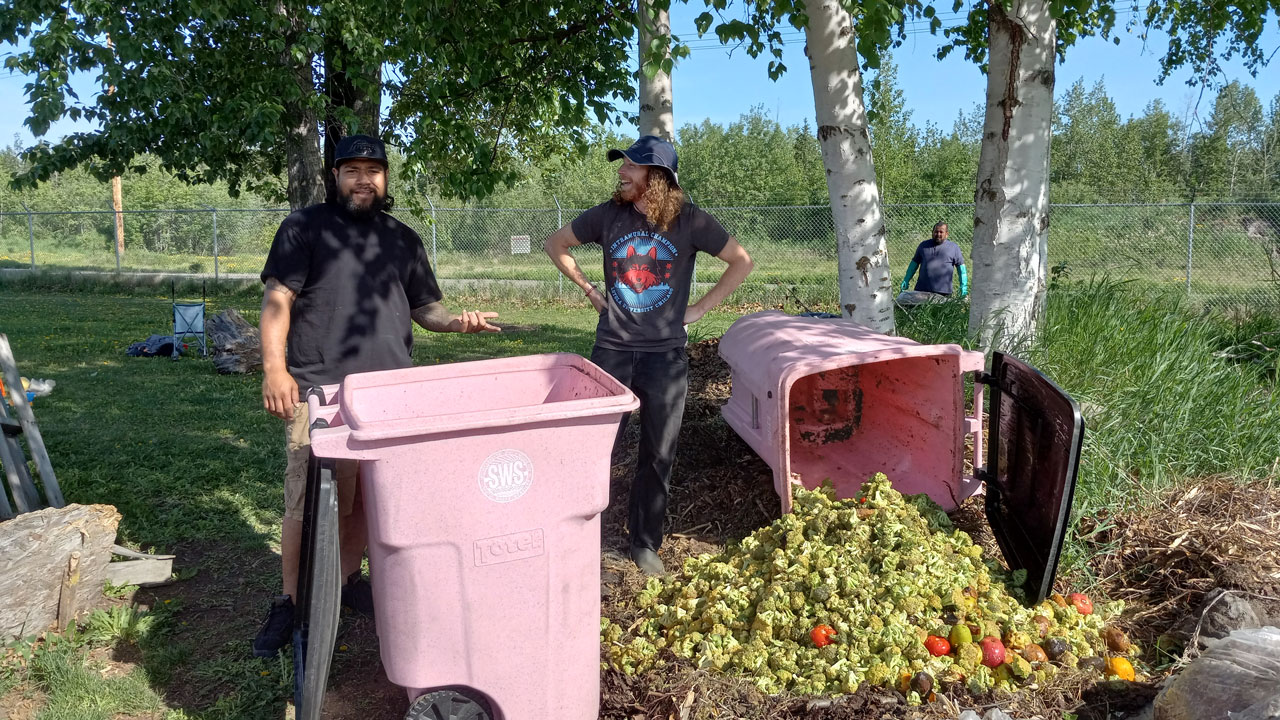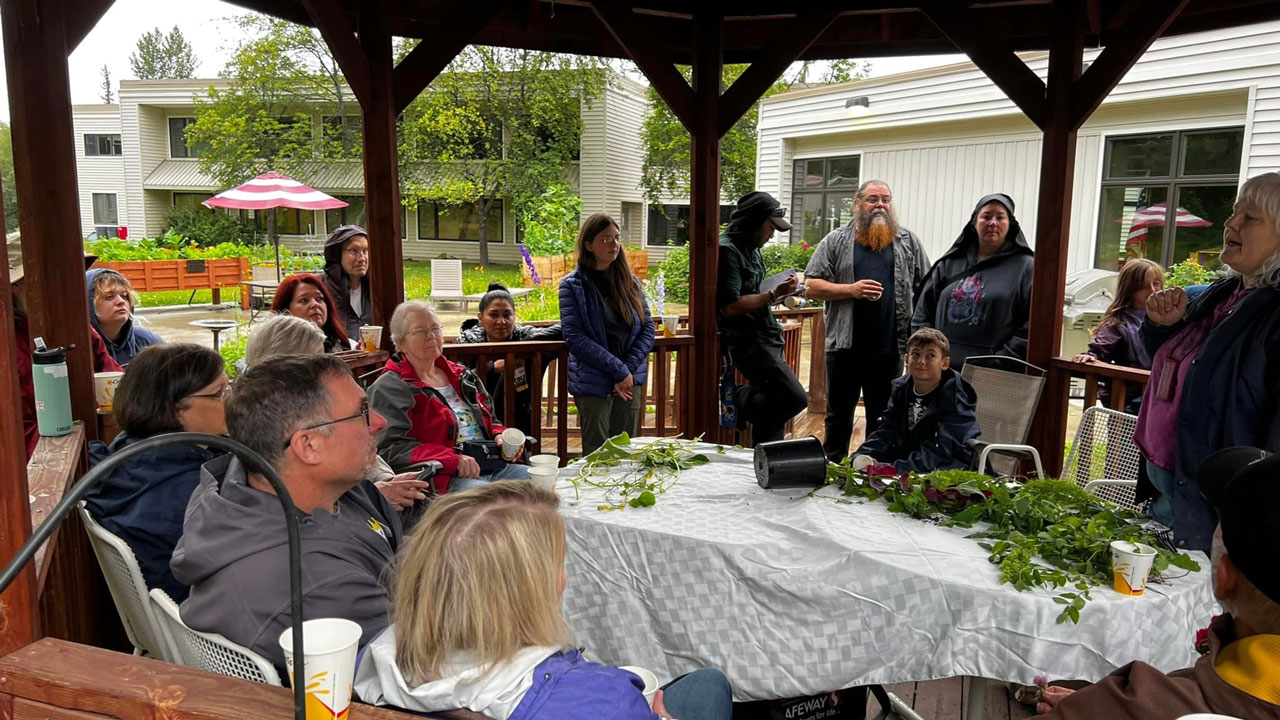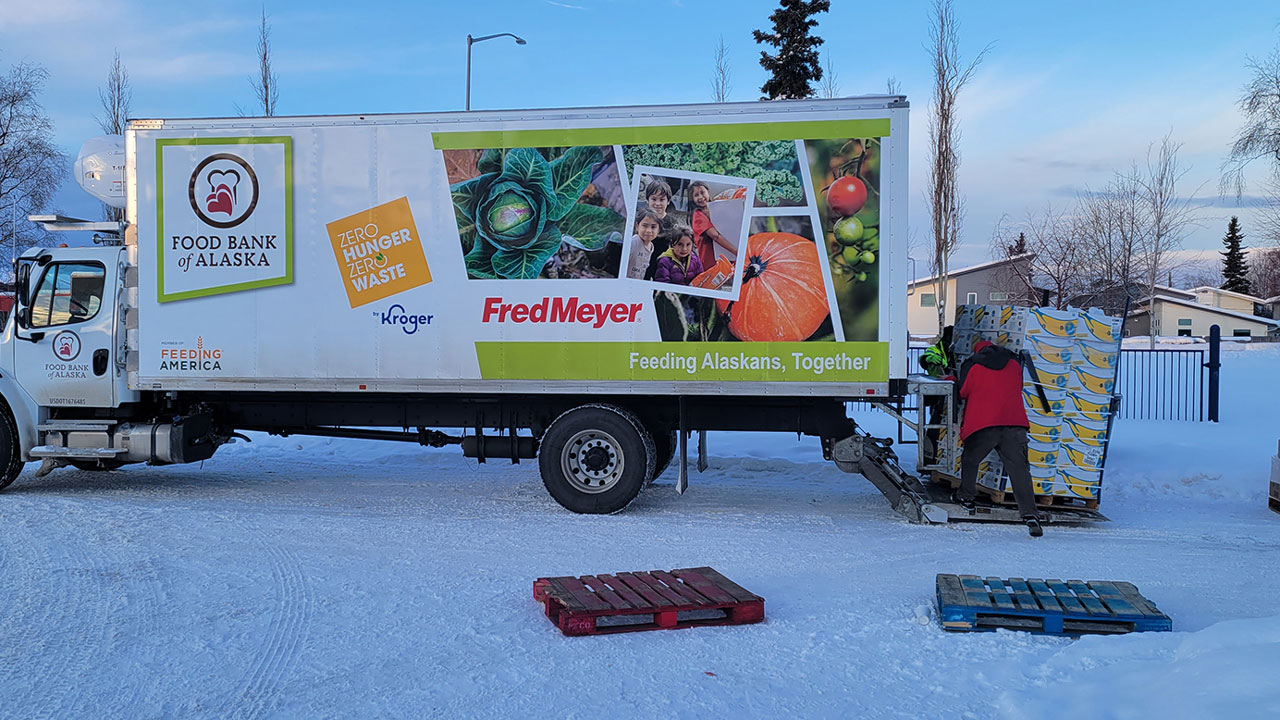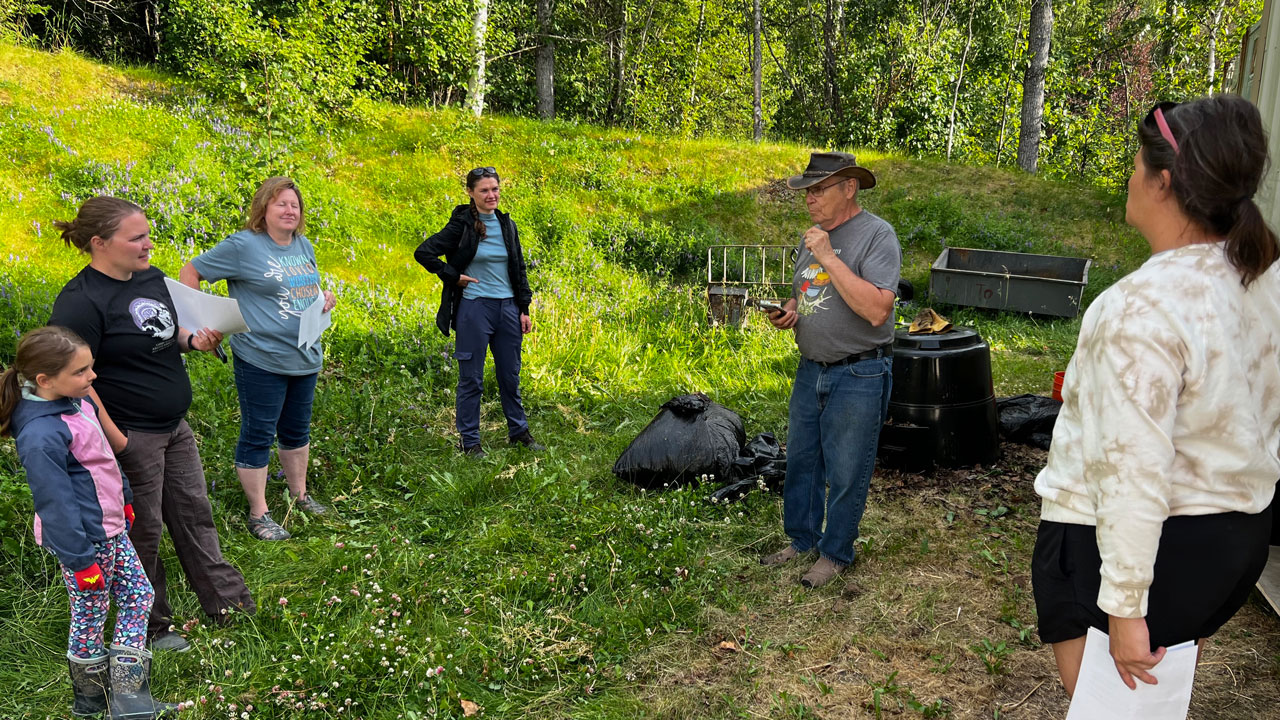
Tetra Tech prepared a Community Food Waste Reduction and Prevention Program report on promoting food waste prevention and food rescue and recovery as part of the Municipality of Anchorage’s (MOA) material recycling and diversion goals.
The MOA requested long-term planning to optimize organics management and diversion to accomplish the material recycling and diversion goals associated with effectively utilizing their new Solid Waste Services Central Transfer Station (CTS). According to the Integrated Solid Waste Master Plan (ISWMP) prepared by Tetra Tech, developing a Food Waste Reduction and Prevention Program was one of the key organics diversion initiatives to address the community’s growing needs.
Benefits
- Developed a Community Food Waste Reduction and Prevention Program report
- Prepared a report aimed at detailing sustainable waste prevention and food rescue and recovery initiatives
- Assisted in achieving material recycling and diversion goals
- Identified organics management and food rescue program elements that could be adapted to fit the community’s needs
We used our Leading with Science® approach to prepare a report highlighting the MOA’s existing food waste prevention and recovery infrastructure programs. Both the food waste reduction program and an organics management feasibility study were recommended in the ISWMP, which outlined the recommendations and initiatives for implementation. In addition, we recently completed facility evaluation and conceptual planning services for the MOA’s new CTS campus. The evaluation addresses immediate facility and site needs and develops designs that accommodate the MOA’s material management strategies for the next 40 years.
The report also provided action items to support a robust local food system with minimal food waste, capture food surplus for food rescue and recovery, and suggestions for well-established organics processing systems to support urban local food growing efforts. It also included case studies from local food-related educational programs and identified elements that could be adapted for Anchorage, including targeting food system capacity building and resilience, food waste prevention, food rescue and recovery, and organics management.


